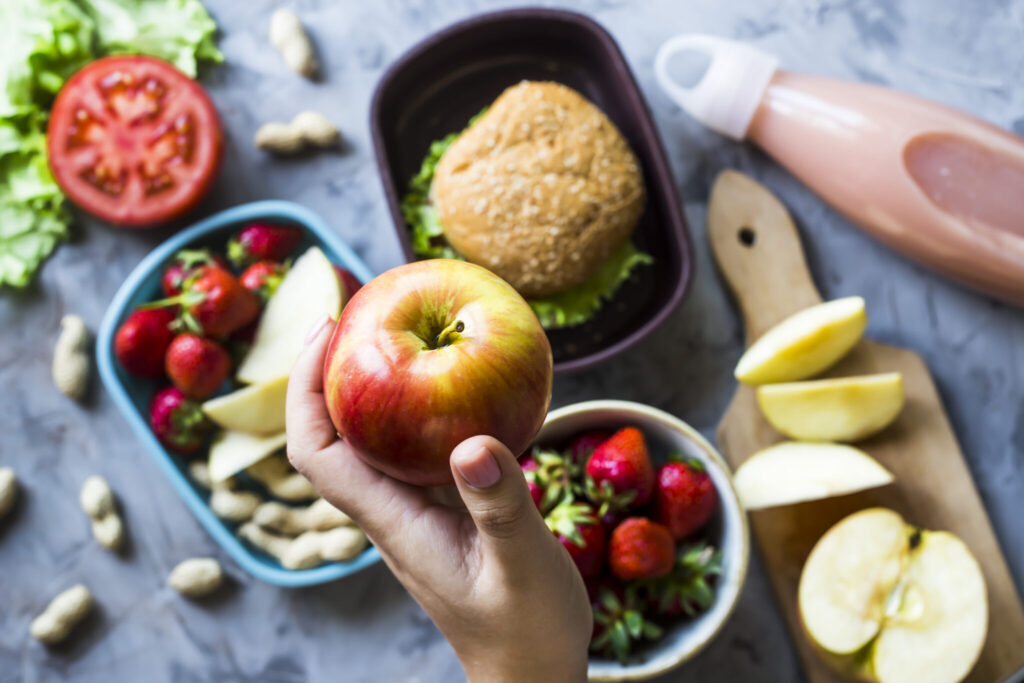
Health Coalition Aotearoa has today launched a petition to stop the Government cutting the free school lunches programme – Ka Ora, Ka Ako.
The programme offers 230,000 students in about 1,000 of the least advantaged schools’ healthy lunches – ensuring they receive at least one nutritious meal each day.
It ensures that kids have the fuel they need to grow and learn.
Without this vital service, kids will go hungry, and their education will suffer.
Associate Education Minister and ACT leader David Seymour is reviewing the free school lunches programme ahead of Budget 2024 in May and has stated he wants to cut the programme by up to 50 per cent.
In the context of increasing child poverty, food insecurity and poor nutrition this proposal is incomprehensible and morally wrong.
Cuts to the programme would disproportionately affect Māori ākonga (students)– who have the highest rates of food insecurity with one in three affected, compared to one in five of all children, according to the latest NZ Health Survey data released last year.
“Because more than half of the students receiving lunches are Māori these cuts would hit them the hardest – so it’s yet another Government action that will cause greater harm to Māori, which is gutting,” HCA co-chair Professor Lisa Te Morenga said.
The same survey showed just 5 per cent of children aged 0-14 years get the recommended amount of fruit and vegetables per day.
It is a stated priority of the Government to support families struggling to afford the grocery basics with food price hikes of 50 per cent in the last year.
“Cutting the programme by enforced targeting to those children who can somehow prove they are poor would doom it to failure – they would simply go without rather than be subjected to that kind of stigma,” HCA co-chair Professor Boyd Swinburn said.
A growing body of evidence shows the wide range of benefits of the programme.
Recently published analysis of the PISA (Program for International Student Achievement) results and food security data shows that students who miss meals due to lack of money are two to four years behind their peers who never miss meals in educational achievement.
Prime Minister Christopher Luxon has said his Government is focused on enhancing school achievement. Cutting school lunches would reduce school achievement.
Parents of children at schools with free lunches told University of Auckland researchers the lunches helped reduce their grocery bill, increased financial security and helped change their child’s food choices – towards healthier options.
A literature review shows widespread positive impacts of school lunch programmes on students, families, schools and communities. These included improved health and educational achievement, local employment, and increased student engagement with the school.






